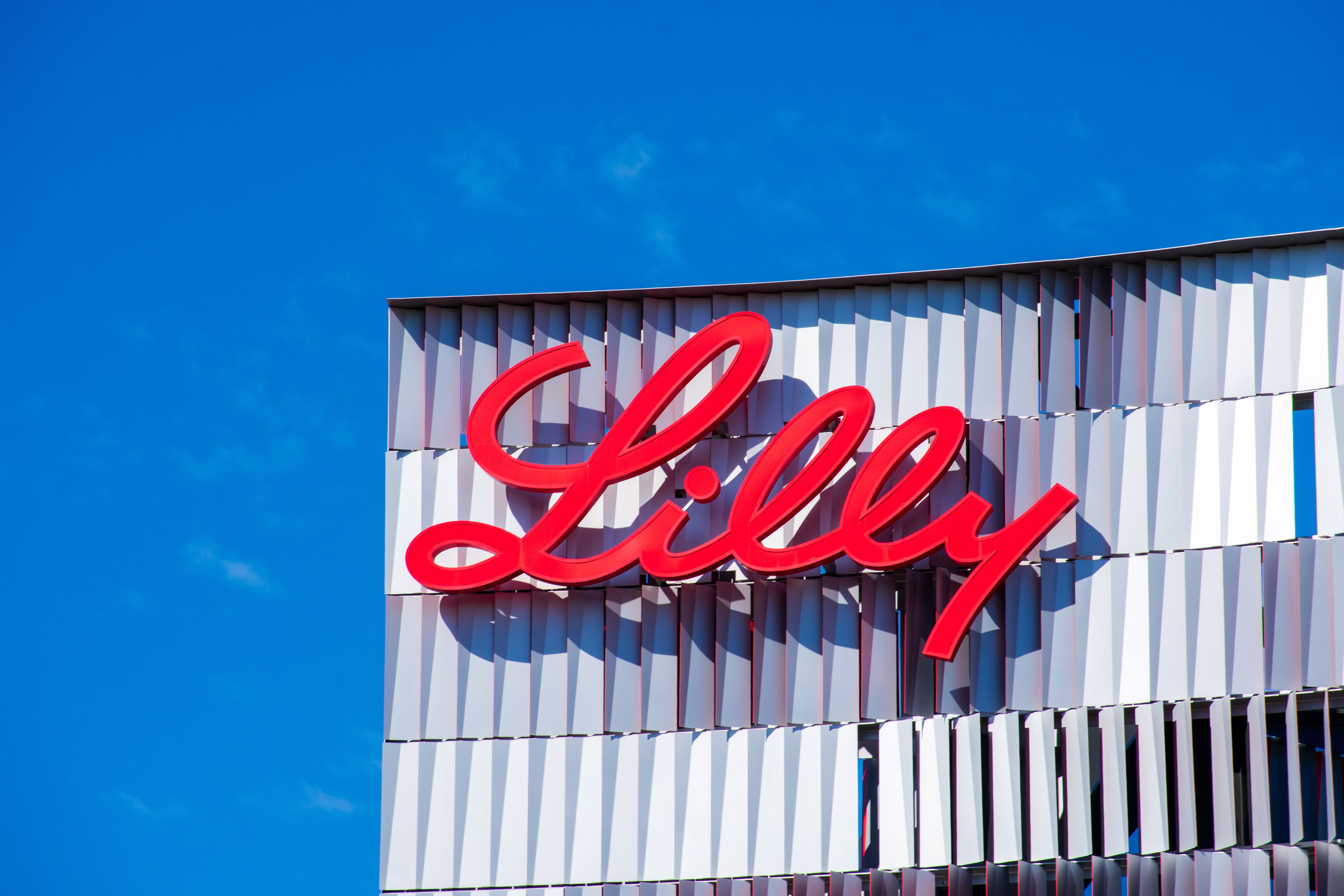- Center on Health Equity & Access
- Clinical
- Health Care Cost
- Health Care Delivery
- Insurance
- Policy
- Technology
- Value-Based Care
Eli Lilly Expands Zepbound Access With Discounted Single-Dose Vials, Self-Pay Options
Eli Lilly has introduced discounted single-dose vials of tirzepatide (Zepbound) for self-pay patients with obesity to increase accessibility.
Eli Lilly responded to the high demand for tirzepatide (Zepbound) by announcing yesterday that 2.5 mg and 5 mg single-dose vials are now available for self-pay for patients with an on-label prescription.1
These single-dose vials are priced at a 50% or greater discount than the list price of all other glucagon-like peptide-1 (GLP-1) medicines for obesity. Eli Lilly noted that this will help millions of adult patients with obesity access the necessary medication, including those without employer coverage, those who need to self-pay outside of insurance, and those ineligible for the Zepbound savings card program.
Eli Lilly has introduced discounted single-dose vials of tirzepatide (Zepbound) for self-pay patients with obesity to increase accessibility. | Image Credit: MichaelVi - stock.adobe.com

Eli Lilly will distribute the vials to eligible patients through LillyDirect Pharmacy Solutions, a digital pharmacy for select Eli Lilly medicines powered by third-party online pharmacy fulfillment services.2 Doing so ensures that patients receive genuine Eli Lilly medicine, protecting them from the dangers posed by the increasing circulation of fake, counterfeit, unsafe, or untested knockoffs.1
After its vocal stance against using obesity medicine for cosmetic weight loss, Eli Lilly will use a multi-step verification process to ensure the vials are dispensed only to patients with a valid, on-label electronic prescription from their health care provider.3
A 4-week supply of the 2.5 mg single-dose vial is $399 ($99.75 per vial), and a 4-week supply of the 5 mg dose is $549 (137.25 per vial).1 Eli Lilly noted that these transparent prices are made possible through the self-pay channel, which removes third-party supply chain entities and allows patients to access savings directly outside of insurance.
Zepbound was originally launched with a list price of $1059.87, which was about 20% lower than that of Novo Nordisk’s semaglutide (Wegovy) 2.4 mg injection for weight loss;4 the list price of Wegovy is $1349.02.
In the second quarter of 2024, Eli Lilly reported that Zepbound generated $1.24 billion in revenue.5 Conversely, Novo Nordisk generated $1.71 billion in revenue from Wegovy.6 Although Wegovy brought in more revenue than Zepbound, Wegovy brought in below the $1.98 billion expected by analysts. Similarly, by 2030, Zepbound is forecast to generate $27.2 billion in sales, while Wegovy is forecast to generate $18.7 billion in sales.
As demonstrated, the launch of Zepbound in the US market last year introduced significant competition for Wegovy, the first-to-market weight loss drug. This competition could be heightened due to recent findings that patients using tirzepatide experienced more significant weight loss than those using semaglutide.7
After 1 year, 82% of patients who were overweight or obese lost at least 5% of their starting weight compared with 67% of those using semaglutide. Also, 42% of patients using tirzepatide achieved 15% weight loss vs 8% of those using semaglutide. These results may make Zepbound a more appealing option to health care providers and patients with obesity.
In response to yesterday’s announcement, the advocacy group the Obesity Action Coalition praised Eli Lilly for expanding Zepbound access, resulting in more patients with obesity being able to manage “this serious chronic disease.1”
“We commend Lilly for their leadership in offering an innovative solution that brings us closer to making equitable care a reality,” James Zervos, Obesity Action Coalition’s chief operating officer, said. “Now, it’s time for policymakers, employers, and insurers to work with pharmaceutical companies to ensure no one is left behind in receiving the care they deserve and need.”
References
- Lilly releases Zepbound (tirzepatide) single-dose vials, expanding supply and access for adults living with obesity. Lilly Investors. August 27, 2024. Accessed August 28, 2024. https://investor.lilly.com/news-releases/news-release-details/lilly-releases-zepboundr-tirzepatide-single-dose-vials-expanding
- Pfizer enters direct-to-consumer market with telehealth, prescription services and more. AJMC. August 28, 2024. Accessed August 28, 2024. https://www.ajmc.com/view/pfizer-enters-direct-to-consumer-market-with-telehealth-prescription-services-and-more
- An open letter from Eli Lilly and Company regarding certain practices related to Mounjaro and Zepbound. Lilly Investors. June 20, 2024. Accessed August 28, 2024. https://investor.lilly.com/news-releases/news-release-details/open-letter-eli-lilly-and-company-regarding-certain-practices
- FDA approves diabetes drug tirzepatide for chronic weight management. AJMC. November 8, 2023. Accessed August 28, 2024. https://www.ajmc.com/view/fda-approves-diabetes-drug-tirzepatide-for-chronic-weight-management
- Lily reports Q2 2024 financial results, raises full-year revenue guidance by $3 billion. Lilly Investors. August 8, 2024. Accessed August 28, 2024. https://investor.lilly.com/news-releases/news-release-details/lilly-reports-q2-2024-financial-results-raises-full-year-revenue
- Novo Nordisk's Wegovy sales weaken as Eli Lilly's Zepbound exerts pressure. Pharmaceutical Technology. August 7, 2024. Accessed August 28, 2024. https://www.pharmaceutical-technology.com/news/novo-nordisks-wegovy-sales-weaken-as-eli-lillys-zepbound-exerts-pressure/?cf-view
- What we're reading: tirzepatide outperforms semaglutide; STDs continue to rise among older adults; nearly half of US counties lack cardiologist. AJMC. July 9, 2024. Accessed August 28, 2024. https://www.ajmc.com/view/what-we-re-reading-tirzepatide-outperforms-semaglutide-stds-continue-to-rise-among-older-adults-nearly-half-of-us-counties-lack-cardiologist
